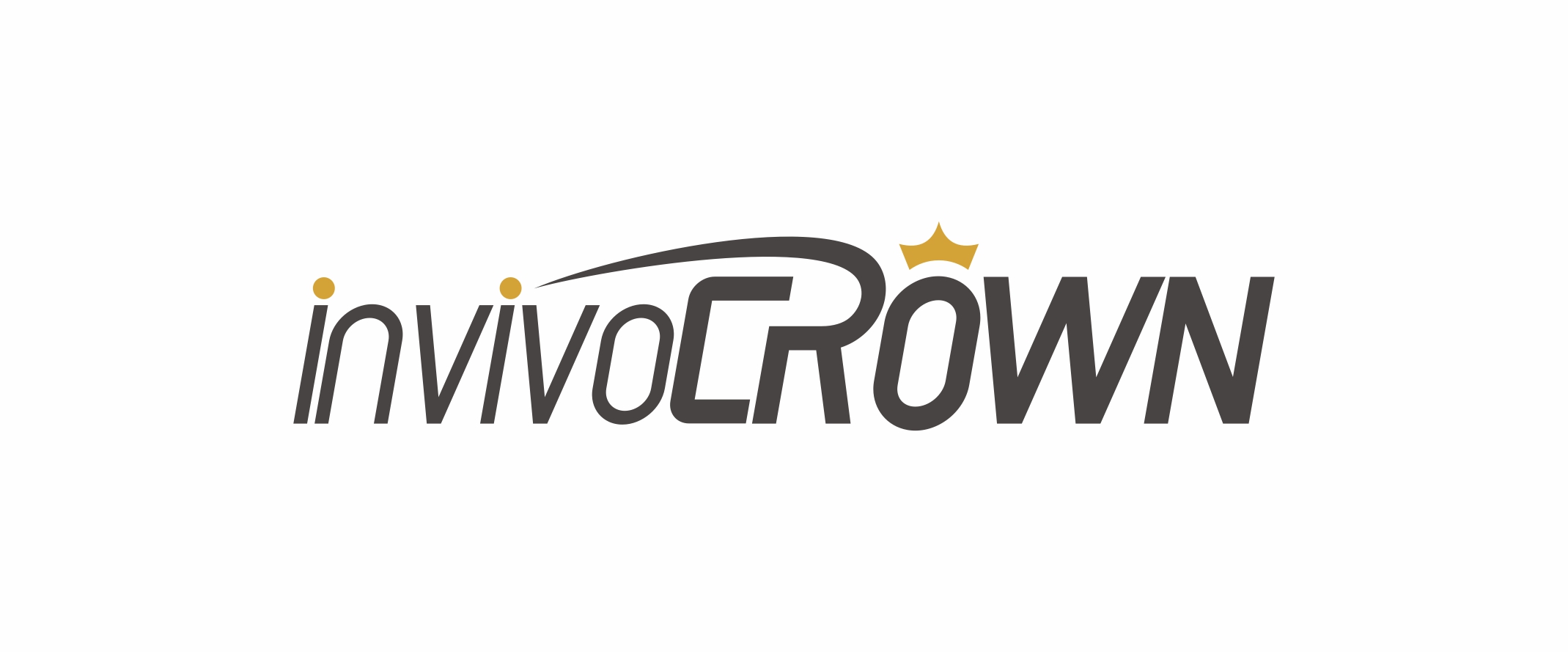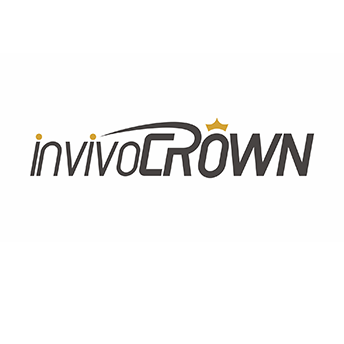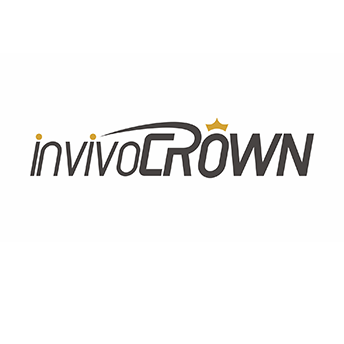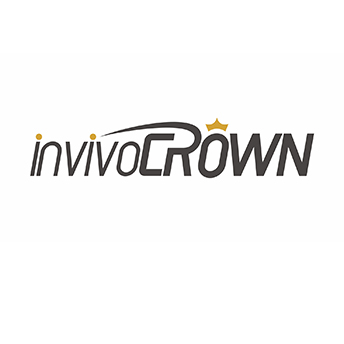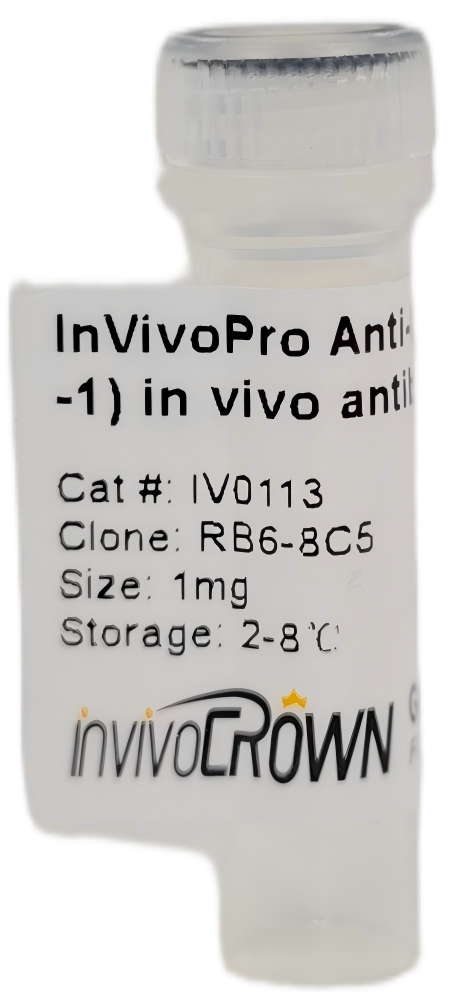| Catalog |
IV0117 |
| Product Name |
InVivoPro Anti-Mouse CD8β (Lyt 3.2) in vivo antibody, Clone 53-5.8 |
| Size |
1mg/5mg/25mg/50mg/100mg |
| Isotype |
Rat IgG1 κ |
| Clone |
53-5.8 |
| Target |
CD8β |
| Other Names |
Lyt-3.2, Ly-3.2 |
| Isotype Control Catalog Code |
Rat IgG1 Isotype Control |
| Dilution Buffer |
PBS, pH 7.2, contains no stabilizers or preservatives |
| Reactivity |
Mouse |
| Host Species |
Rat |
| How much antibody to use in vivo |
200 μg per mouse; or 10 mg/kg. This range is based off the most recent publication data using the 53-5.8 clone in vivo. Each investigator should determine their own optimal working dilution for specific applications. |
| Background |
CD8b is also known as Lyt-3.2 or Ly-3.2. It is a member of the Ig superfamily expressed as a heterodimer with the CD8A chain on a subset of MHC class I-restricted T cells and most thymocytes. |
| Applications |
In vivo CD8+ T cell depletion,Flow cytometry, Western blot |
| Purification |
protein A or G |
| Storage |
This antibody is stable for at least 2 months when stored at 2-8°C. For long term storage, aliquot in working volumes without diluting and store at -20°C or -80°C. Avoid repeated freeze thaw cycles. |
| Shipping |
2-8°C with blue ice |
| Concentration |
Lot specific, generally ≥ 5.0 mg/ml |
| Shelf Life |
12 months from the date of receipt if stored as recommended |
| Formulation |
PBS Buffer, PH 7.2, with no carrier protein, or preservatives. |
| Sterility |
0.2 μM filtered |
| Endotoxin |
≤ 1.0 EU/mg, by the LAL method |
| Purity |
99% |

